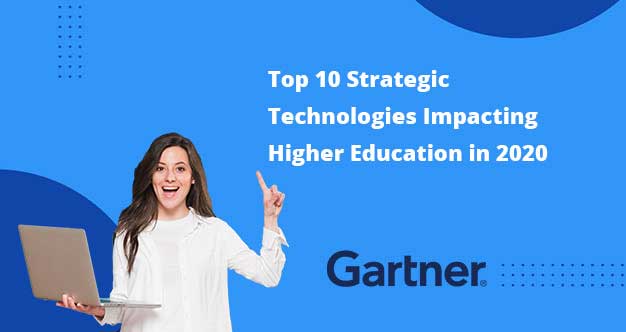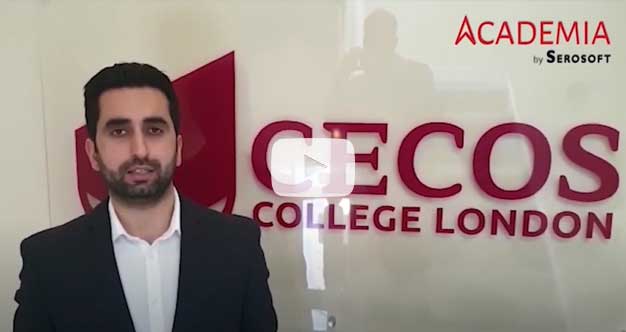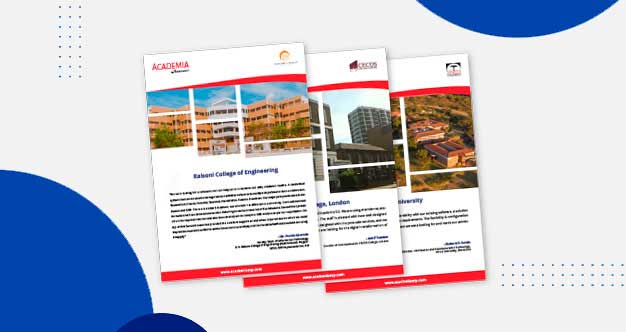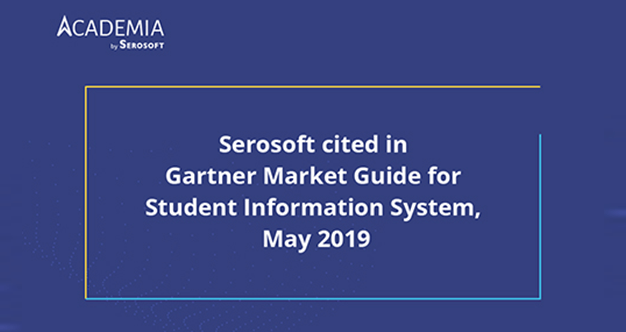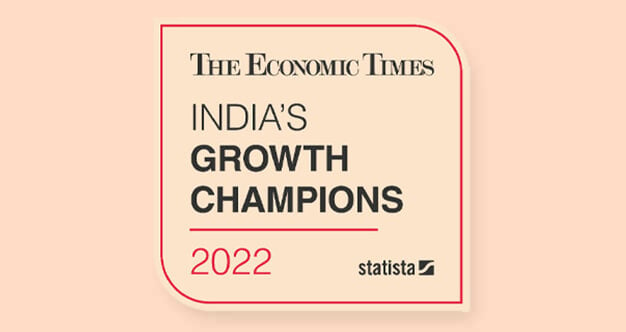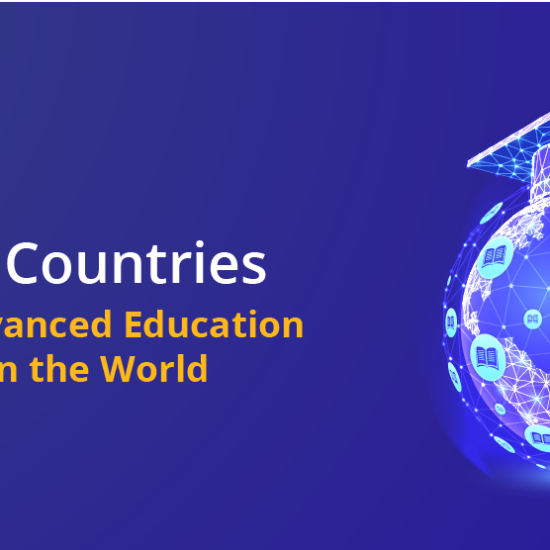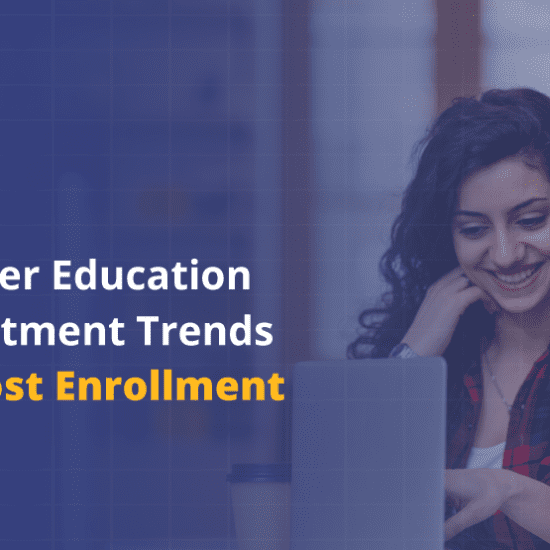Why an ERP is Better than a CRM for Higher Education Institutions
The modern scenario of the education ecosystem involves automation and digital transformation in institutions. Institutions are in the process of opting for the best technologies like LMS, ERP, SIS, CRM, and more. Universities, higher education, and schools today have the most daunting task to manage a strong bond with students and parents in today’s time.
The advanced generation of students demands sharpness with pace in any task, and digital transformation is the first step to it. Do you know what is the role of ERP & CRM for higher education and how these can help education institutions and in which prospects, is it better or an ERP? If not, then this blog is for you!
What is CRM for Higher Education?
CRM stands for Customer Relationship Management, it is software used to manage communication with students, faculty members, and other stakeholders. It includes all the information and data related to customer information i.e., name, gender, degree, age, contact information, and other important data.
What is ERP for Higher Education?
ERP stands for Enterprise Resource Planning, it is a much broader concept than a CRM. It is a digitally-integrated software for universities, higher education, schools, and even training institutes. It automates all the key operations of the institute from admission to alumni, the student creating and strengthening the path for growth of the institution.
What is best for your institution an ERP or A CRM in
- Boosting academic and administrative operations
An educational institution involves a bulk of tasks in academic and administrative operations, starting from inquiry, enrollment, admission, managing fee operations, assignments, hostel management, library management, and more. The software you choose must provide a stronghold for every task in any institution.
A CRM can only help in managing to keep control over detailed information of stakeholders details and tracking it in the best possible manner, on the other hand, a robust ERP system will lead to complete management of all the academic and administrative operations effectively and efficiently. It focuses on generating real-time results and boosts overall productivity.
- Tracking, storing and securing data
In any educational institution, there includes an abundance of tasks, multiple documents, various files, updates, and a lot more stuff that needs to be tracked, stored, and secured properly.
A CRM provides an effective platform to manage any data according to time, date, medium, and mode. It actively tracks all the information related to any student in any form.
Looking upon an ERP system for educational institutions, it can provide complete data security and management to any type of data, information, and update. It can track, manage, store, and secure all the information with data. Whether it is library management, hostel management, transportation management, or even critical tasks of any education institution like admission, examination, finances, and fee, a robust ERP system can efficiently provide any of the students’ data and details as and when required to any stakeholder.
- Managing student lifecycle
A student life cycle is a data-driven and holistic approach that manages the entire student journey in an educational institution. Using a higher education CRM, institutes can track student performance and progress from any year they want to track. With all these, an ERP system facilitates complete student information management triggering to deliver high-quality learning experiences. It also provides a fully customizable, flexible, and scalable solution to manage efficient and effective services.
- Increasing ROI
ROI is the most important element that any institution focuses on. Institutions must adopt software or technology that provides complete ROI management. A CRM can manage student information properly, can connect with student leads, and manage their data completely, but using an effective ERP system, institutions can manage all the operations by automating and streamlining complete operations in the institute, reducing operational costs, and targeting complete ROI development.
- Managing Stakeholders
Among various stakeholders in an institution, it is important that educational institutions should adopt technologies that can support all stakeholders in managing their grievances, problems, and needs. Looking upon a CRM it can again only be able to handle general information and data needs, but an ERP system can focus on bringing complete digital transformation to institutions leading to managing all the grievances, problems, and solving needs of any stakeholders like students, parents, faculty, or even the higher authority or entity.
An ERP or CRM, what have you decided?
Every educational institution includes multitudes of tasks, it includes various processes but it is important that institutions should choose a technology that can support the best way to just maintain a few operations but all the operations related to an educational institution.
 Higher Ed Plans
Higher Ed Plans K12 Plans
K12 Plans
